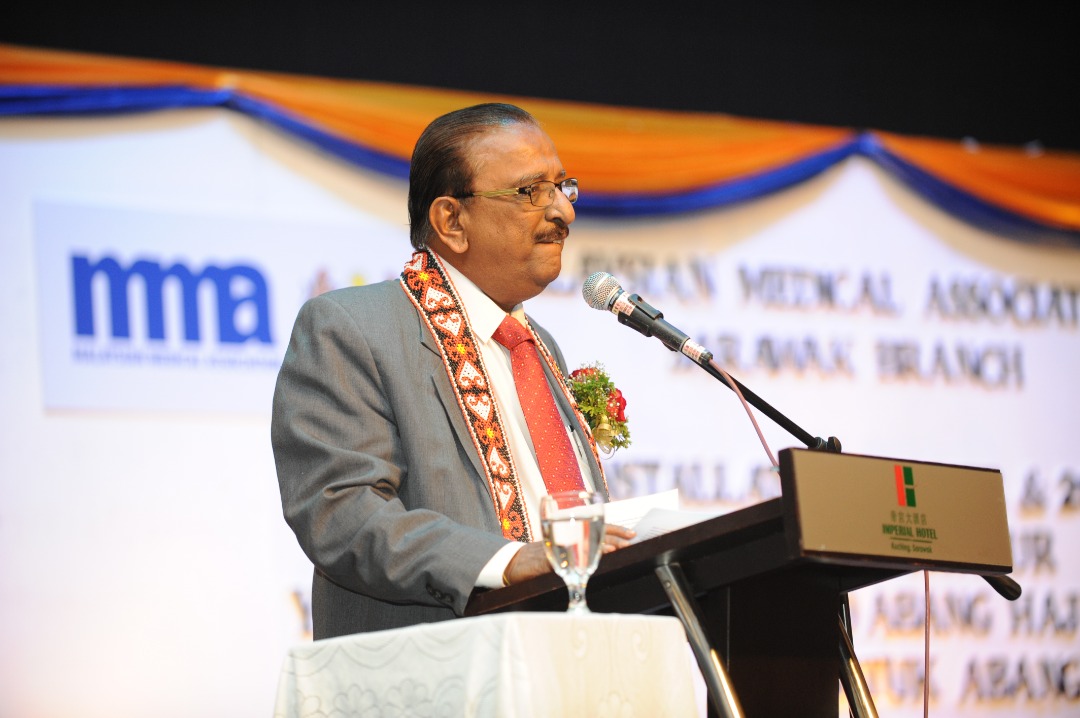KUALA LUMPUR, Oct 9 — Doctors’ groups have called for greater health allocations in Budget 2020, focus on aged care, and government funding for private clinics to reform primary care.
Private hospitals and local drug makers, on the other hand, urged the Ministry of Finance (MOF) to provide certain tax exemptions, ahead of the tabling of the federal government budget this Friday.
Below are the wishes of these stakeholders as compiled by CodeBlue:
Federation of Private Medical Practitioners Associations of Malaysia (FPMPAM)
FPMPAM wished to see, among others, an increase in allocations for outsourcing primary care to private service and for medical care of marginalised communities.
“Increase allocation for health care expenditure from present 4.3 per cent of our GDP to 6 per cent in keeping with the increasing demand and cost of advances in healthcare technology,” the federation told CodeBlue.
“MOF should increase allocation by another 2 per cent and the increase should be reflected as percentage on health as a percentage of the national budget.”
Federation of Private Medical Practitioners Associations of Malaysia (FPMPAM)
The Ministry of Health (MOH) received RM29 billion in the previous government budget.
Malaysia currently only spends 4.5 per cent of its GDP on health, comprising 2.3 per cent and 2.2 per cent from the public and private sectors respectively. The recommended spending for an upper middle income country like Malaysia is between 6 and 6.5 per cent of the GDP, ideally 7 per cent.
FPMPAM also requested the government to allocate a budget to increase capacity in public facilities for the management of catastrophic medical disasters or catastrophic out-of-pocket payments.
“Allocate more funds for vector control to be put directly under MOH to combat dengue, malaria and other mosquito-borne diseases,” added the group of physicians.
Malaysian Medical Association (MMA) president Dr N. Ganabaskaran
Also seeking reform in primary care, Dr N. Ganabaskaran wished to see an increase in allocation for emphasis on prevention, health promotion, awareness and education.
“The government should tie short-term annual Budgets to long-term multi-year MOH reform. In other words, annual Budgets must have a long-term view, not just for short-term populism.”
Dr N. Ganabaskaran, Malaysian Medical Association (MMA) president
“There should be a registry on NCDs (non-communicable diseases) treated by GPs at clinics maintained by the government via GP network of clinics and incentives should be given to GPs who participate in data sharing with government. We also hope that the government can provide incentives to GPs providing vaccination,” Dr Ganabaskaran said.
“Perhaps with IHH as one of the world’s largest hospital chains — some sort of synergy in PPP (public-private partnership), whereby private sector with easier access to capital would provide the hardware i.e. buildings and equipment and MOH provides the human resources.
“MMA is aware that any addition to the health sector will subtract from other sectors. However, we need to shore up the social sectors — health/ education/ housing and transport.
“While, we are very much aware that health is a very sensitive sector politically and any changes must reflect the need and the benefit to the rakyat, a gradual incremental budget over the next three years of 8 to 10 per cent per year should have the share of GDP to about 2.8 or 3 per cent,” added the head of the doctors’ group, referring to public health spending.
Aged Care Group CEO Dr Carol Yip

Dr Yip said that she wished to see a renewed focus and increase in allocation for long-term care for aged groups in various sectors.
“Aged Care Group (ACG) hopes to see more efforts and allocations made towards long-term care via cross sector processes, especially in health care services and finance to find an integrated long-term solution for ageing,” she opined.
“Accessibility and affordability for long-term care, as well as education to heighten awareness to plan ahead among Malaysians, is an integral aspect in aged care that we hope to see the first steps of its application in the Budget 2020.”
Medical Practitioners Coalition Association of Malaysia (MPCAM) president Dr Raj Kumar Maharajah
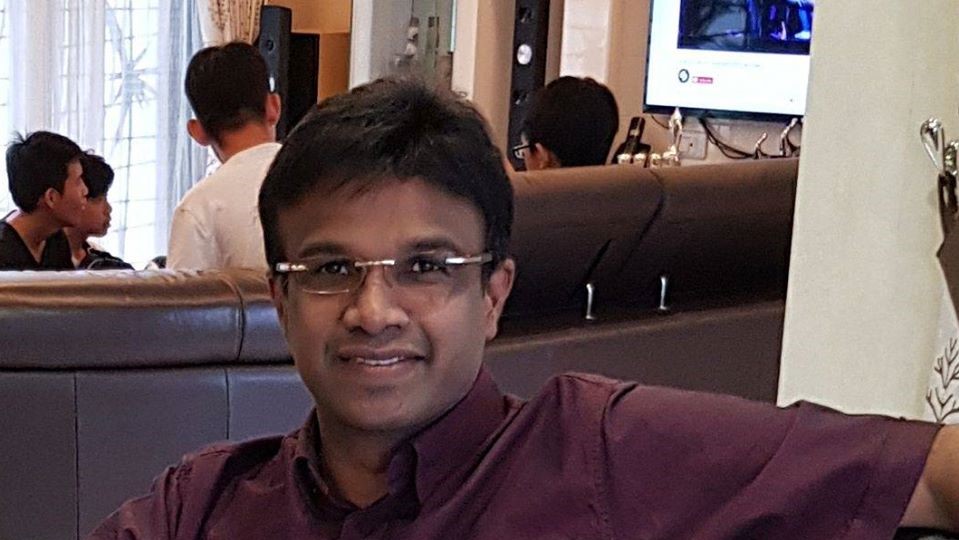
Also emphasising elderly and differently-abled people, Dr Raj Kumar wished to see Budget 2020 include tax rebates for caretakers, among others.
“Currently some medicines and blood tests are no longer available for free and these categories of voiceless people need to get them from elsewhere,” said the president of the doctors’ group.
“Waiting time to see the doctor should be reduced for these people so caretakers can go back to work.”
For this, he suggested increasing the number of doctors, and creating separate queues and consultation rooms for the elderly and people with disabilities.
“The Budget should be allocated to upgrade the services in the private primary health care services, where staffing and infrastructure is already in place, instead of government facilities building more hospitals and employing more staff.”
Dr Raj Kumar Maharajah, Medical Practitioners Coalition Association of Malaysia (MPCAM) president
“Emphasis should also be to regulate private pharmacies under the PHFSA (Private Healthcare Facilities and Services Act 1998) so that prescription-only medicines and antibiotics are not dispensed freely by pharmacists.”
Association of Private Hospitals of Malaysia (APHM) president Dr Kuljit Singh
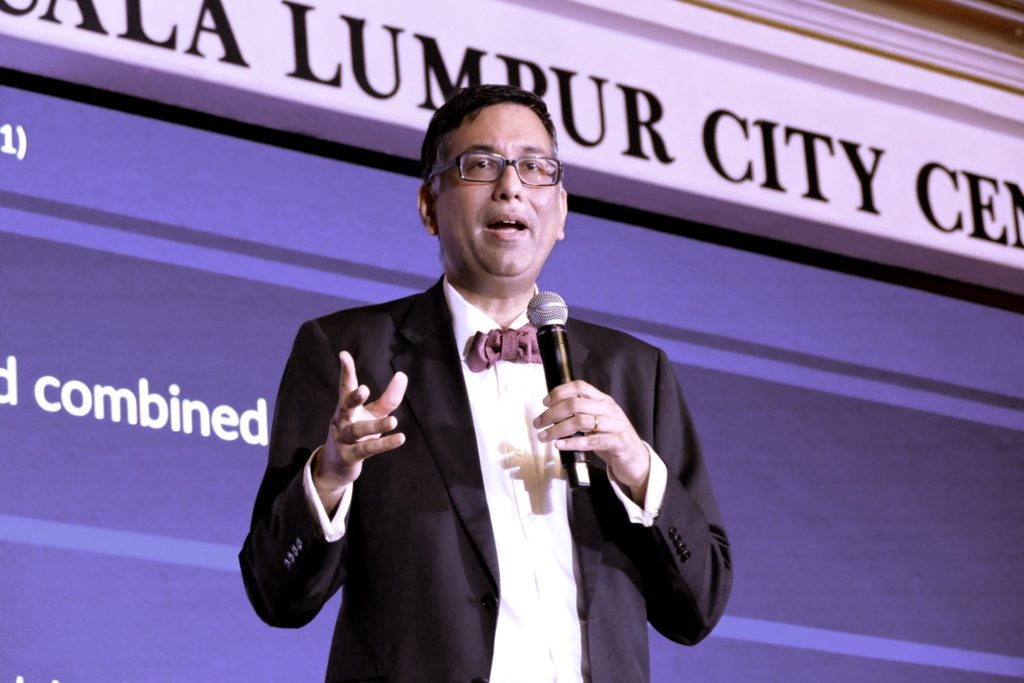
Dr Kuljit requested for private hospitals to be exempted from the sales and services tax (SST), besides asking for a number of tax incentives.
“APHM wants the SST not to be implemented in private hospitals. We hope there will be more tax incentives for hospitals with medical tourism,” he said.
“Finally Electronic Medical Record (EMR) should be a main thrust in the private sector, thus hospitals which are planning to get into EMR must get some tax relief in order to achieve the national agenda of having electronic medical records,” he explained, adding further that the hospitals should manage the bills as this will be more affordable.
Malaysian Integrated Medical Professionals Association (MIMPA) president Dr Muhamad Hazizi Hasani
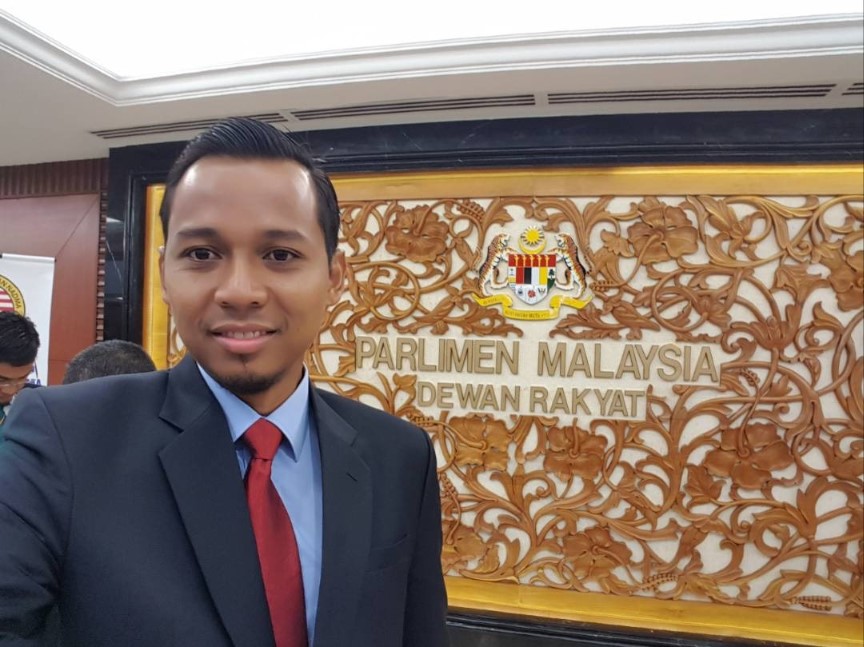
Dr Hazizi also, like his fellow stakeholders, wished to see reform in primary care, as well as a better salary package for health workers and budget for health care technology, among others.
“Improve health facilities, especially in the heavily populated facilities,” said the head of the medical specialists’ group.
“Improve salary of health care workers to help improve their standard of living and motivate them to work even harder.
“Allocate budget for research using health data available in MOH facilities to improve the management and care for patients,” he further added, also requesting budgets for health technology like AI, predictive technology and medical equipment.
Malaysian Pharmaceutical Society (MPS) president Amrahi Buang
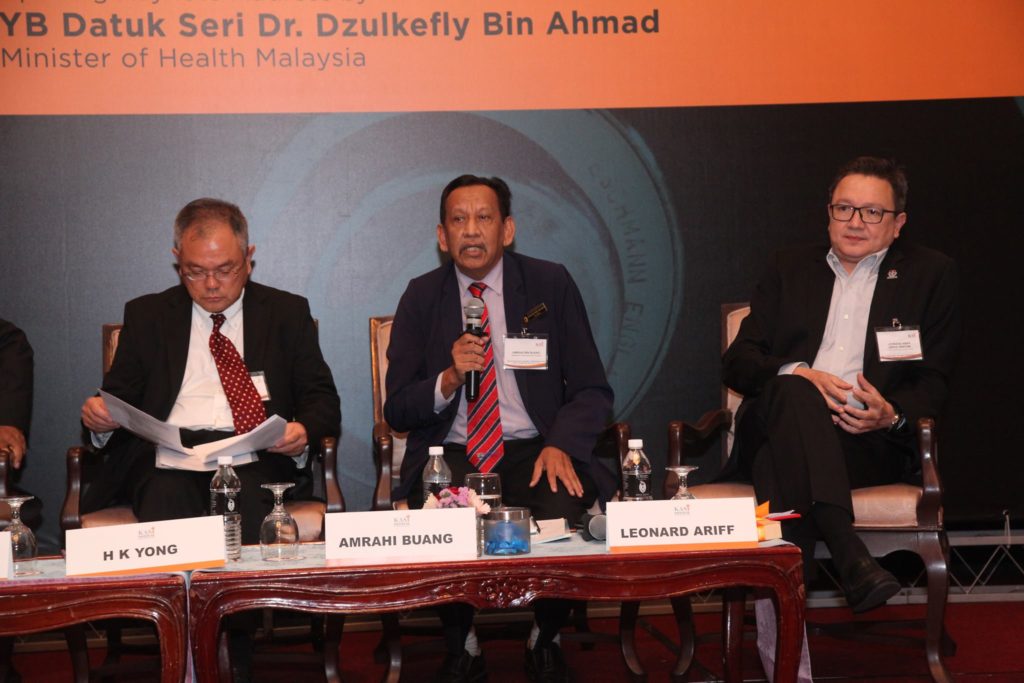
Amrahi said that it is important that Budget 2020 reflects promotive and preventive care, as well as the wellbeing of rural communities.
“Most of the Ministry of Health facilities like Klinik Kesihatan and hospitals, especially in the small towns and districts, are in bad shape. They need immediate repairs,” he said.
The head of the pharmacists’ group added that some of the public pharmacies are not even air-conditioned, which may affect the integrity of the medicines.
“The Peka B40 and MySalam programmes must be extended to community pharmacists because they are the most accessible health care professionals in the communities,” Amrahi emphasised, referring to the health screening and health protection programme by the Health and Finance Ministries respectively.
“The community empowerment programmes like the Kenali Ubat Ubat programme must include the community pharmacists as a Public Private Partnership initiative.”
Amrahi Buang, Malaysian Pharmaceutical Society (MPS) president
Speaking about non-communicable diseases, he said that the government should mull sugar and salt taxes.
“Any innovative programmes by the Ministry of Health that reduce or save costs should be returned to the Ministry of Health,” he stated.
Malaysian Organisation of Pharmaceutical Industries (MOPI) president Billy S. Urudra
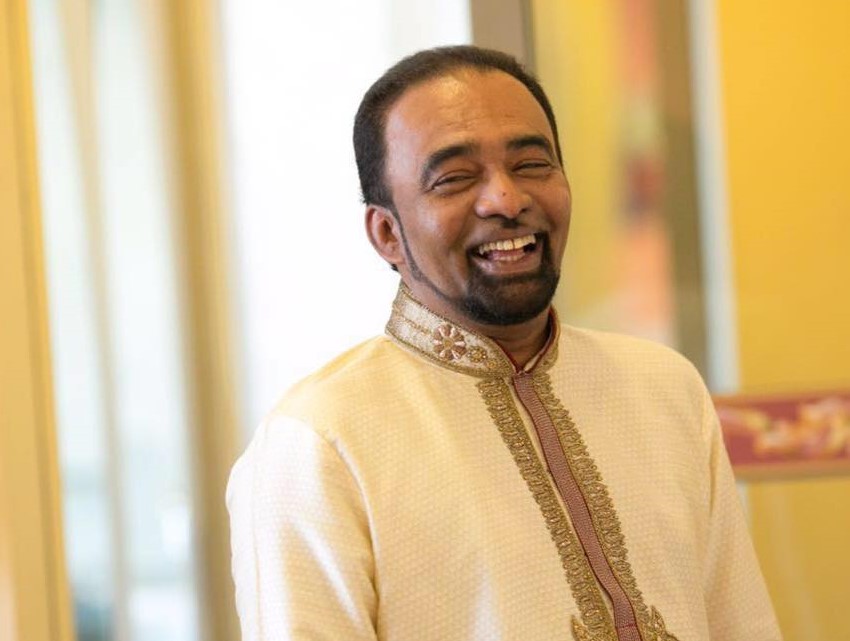
Billy told CodeBlue that Budget 2020 can serve as a platform to support the local pharmaceutical industry by reinstating and introducing new grants or incentives.
“One such example is the Reinvestment Allowance (RA) which was expired in 2018. RA will intensify and encourage industry players to expand, upgrade and modernise our manufacturing process and hence will spur the growth of industry and contribute to the growth of the country,” he said.
He also requested for export incentives for member companies of MOPI, a group of mostly local drug manufacturers.
“Many of MOPI’s member companies are currently exporting to countries not only in Asean and Asia Pacific, but also to markets as far as the Middle East, Africa, Latin America, Europe and even the USA,” Urudra noted.
“An introduction of export incentives through Belanjawan 2020 would help local manufacturers to be more competitive.”
Billy S. Urudra, Malaysian Organisation of Pharmaceutical Industries (MOPI) president
Under Budget 2020, MOPI also called for import duty and sales tax exemptions on spare parts for the production of pharmaceutical products, in order to support local manufacturers as these spare parts are costly and thus help in reducing the cost of production.
Furthermore, Billy stated that he wished to see an expansion of the definition of research and development (R&D) activities for the pharmaceutical industry.
“Currently the R&D-related expenditure allowed under local tax law (Income Tax 1967, Promotion of Investment Act 1986) does not fully cover R&D activities undertaken by pharma companies, thus making them ineligible to tax incentives (ex: double-tax incentive).
“Therefore, the definition of R&D activities should be expanded under Belanjawan 2020 to allow more related activities to enjoy R&D incentives, such as double tax deduction,” he explained.


